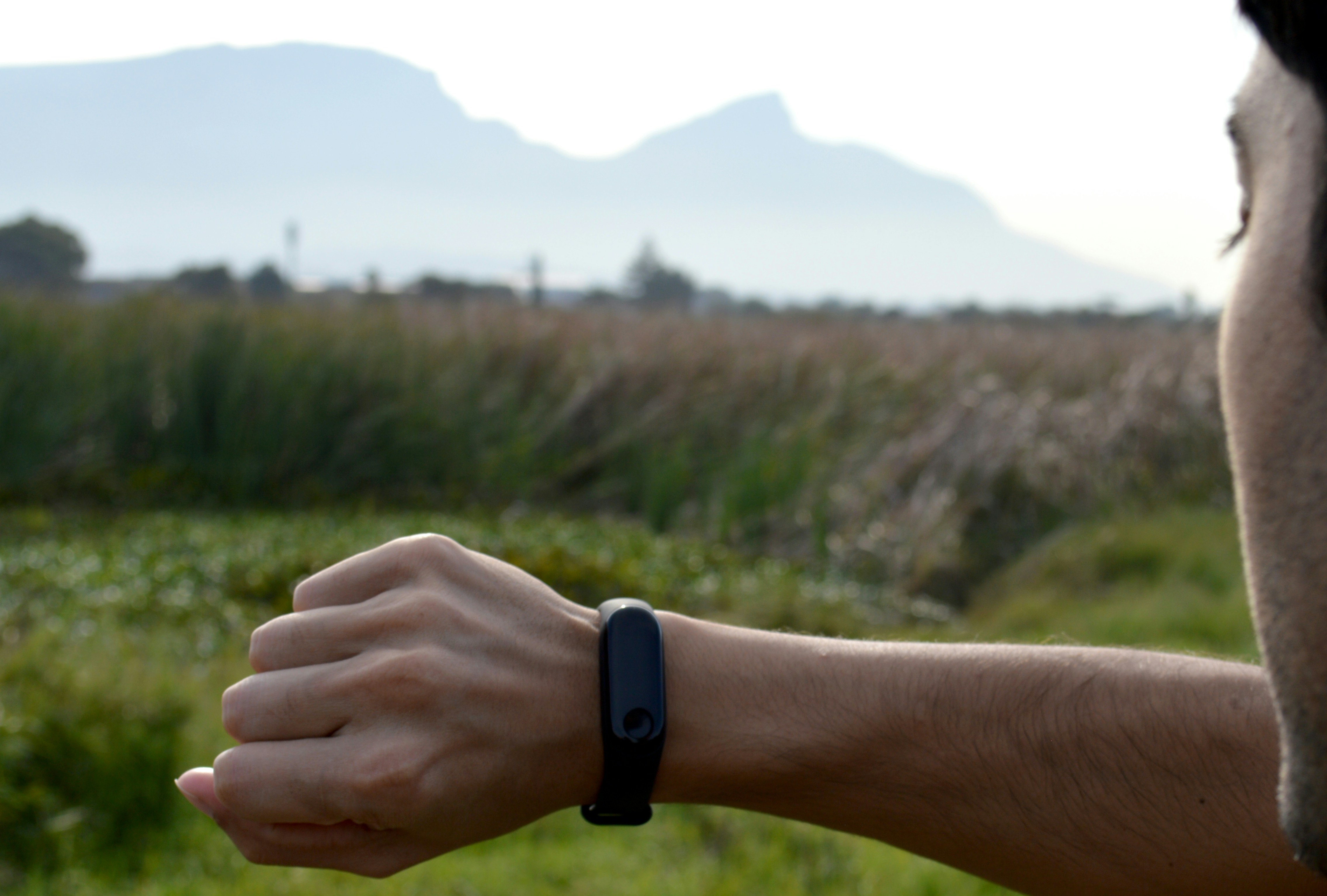Maybe you walk into a room and forget why you did, or routinely struggle to remember where you put your carkeys. Perhaps you find yourself losing focus during long meetings or feeling mentally drained after a challenging day at work. This is a common effect of the aging process, but there's good news: your brain isn't giving up on you, it's just waiting for the right kind of workout.

The Science of Brain Training Has Evolved
Remember brain training apps from years past that promised to make you smarter? While many were overhyped, the science behind cognitive training has quietly undergone a revolution. Researchers have discovered that when you combine traditional brain exercises with real-time feedback about your brain activity (in Thinkie's case, using fNIRS), something remarkable happens. Your brain doesn't just get better at the games; it actually gets better at thinking.
Think of fNIRS as a fitness tracker for your brain. Just like a heart rate monitor shows you how hard your cardiovascular system is working, fNIRS measures blood flow in your brain's key thinking areas, particularly the prefrontal cortex (PFC). Think of the PFC as your brain's command post, handling working memory, attention, and decision-making for the other, specialized, parts of your brain. NIRS technology is completely non-invasive, using harmless near-infrared light to peek inside your skull and see which brain regions are firing up during mental tasks.1

Real Results from Real Research
You ask for receipts? We've got them. In one groundbreaking study, researchers worked with 60 young adults who spent just 20 minutes a day for four weeks doing cognitive training while receiving real-time feedback about their brain activity.2 These 60 young adults experienced significant improvement in their episodic memory (remembering specific events and experiences), working memory (holding information in mind while using it), and attention-switching (seamlessly pivoting from one task to another and back). These are a few of the core cognitive functions governed by the PFC, and which help you excel in your career and personal life.
What makes these research findings particularly compelling is that the improvements weren't just about getting better at brain training tasks. Rather, the participants showed enhanced performance on completely different cognitive tests, suggesting their brains had actually become more efficient at processing information. Subsequent brain scans revealed the rub: their prefrontal cortex was working smarter, not harder, using less energy to achieve better results.2
The Power of Seeing Your Brain in Action
Another comprehensive analysis looked at multiple studies involving 166 participants and found that cognitive training combined with fNIRS feedback consistently produced moderate to large improvements in working memory and long-term memory.3 Even better, people who could see their brain activity in real-time performed significantly better than those doing traditional cognitive training alone.
Why does this matter for your daily life? Working memory is essentially your "mental workspace" -- think of it as akin to your computer's desktop. It's what allows you to follow complex conversations, solve problems on the fly, and juggle multiple priorities without dropping the ball. Long-term memory helps you learn new skills, retain important information, and build expertise in your field. Short-term memory, in turn, handles fluid thought, decision-making, and goal-directed behavior, which allows you to manipulate information for brief periods of time. When these cognitive functions improve, everything from your job performance to your ability to learn new hobbies gets easier.3

Quick Results, Lasting Benefits
Perhaps most surprisingly, some benefits can appear almost immediately. Researchers found that even a single session of fNIRS-guided brain training could enhance neural self-regulation and improve working memory performance.4 In this study, 62 healthy adults underwent just one session of neurofeedback training targeting their left prefrontal cortex. Not only did they show immediate improvements in working memory tasks, but brain scans revealed lasting changes in how different brain regions communicated with each other.
This suggests that cognitive training with real-time neurofeedback doesn't just teach you to perform specific tasks better. Instead, it rewires your brain's networks for improved efficiency. It's like upgrading your brain's operating system rather than just installing new software.4
The Efficiency Revolution
One of the most fascinating discoveries is that effective brain training makes your brain more efficient rather than simply more active. In studies where participants completed four sessions of fNIRS-guided cognitive training, researchers observed something counterintuitive: brain activity in the prefrontal cortex actually decreased during tasks, while performance improved.1 This suggests that training helped participants' brains work smarter, using fewer neural resources to achieve better results, similar to how a well-trained athlete can perform complex movements with less apparent effort than a beginner.
What This Means for Your Life
If you're juggling a demanding career, family responsibilities, and personal goals, these research findings offer hope. They suggest that targeted cognitive training could help you:
- Stay sharper at work: Improved working memory and attention mean better focus during meetings, enhanced problem-solving abilities, and reduced mental fatigue
- Learn more effectively: Whether you're mastering new software, picking up a new language, or developing professional skills, enhanced memory and cognitive flexibility can accelerate your progress
- Handle complexity better: Life in your 30s, 40s, and 50s often involves managing multiple priorities simultaneously, which is the precise function governed by working memory
- Maintain cognitive vitality: Rather than accepting mental decline as inevitable, you can actively work to preserve and even enhance your cognitive abilities

Your Brain's Second Act
The beauty of fNIRS-based cognitive training is that it provides objective, real-time feedback about your brain's performance. Unlike traditional brain training apps that rely on your game scores, neurofeedback with fNIRS shows you directly when your brain is working efficiently and when it needs more support. This creates a feedback loop that helps you learn to optimize your mental state and transfer your progress far beyond the training sessions.
The research consistently shows that when people can see their brain activity and learn to influence it, they develop better cognitive control. This isn't about becoming a superhuman -- it's about unlocking the potential that's already there and learning to use your brain more effectively.
You truly can train the brain at any age.
Sources
- Cognitive training based on functional near-infrared spectroscopy neurofeedback
- Cognitive Training with Neurofeedback Using NIRS Improved Cognitive Functions in Young Adults
- The Effect of Cognitive Training with Neurofeedback on Cognitive Performance
- A brief real-time fNIRS-informed neurofeedback training of the prefrontal cortex changes brain activity and connectivity
